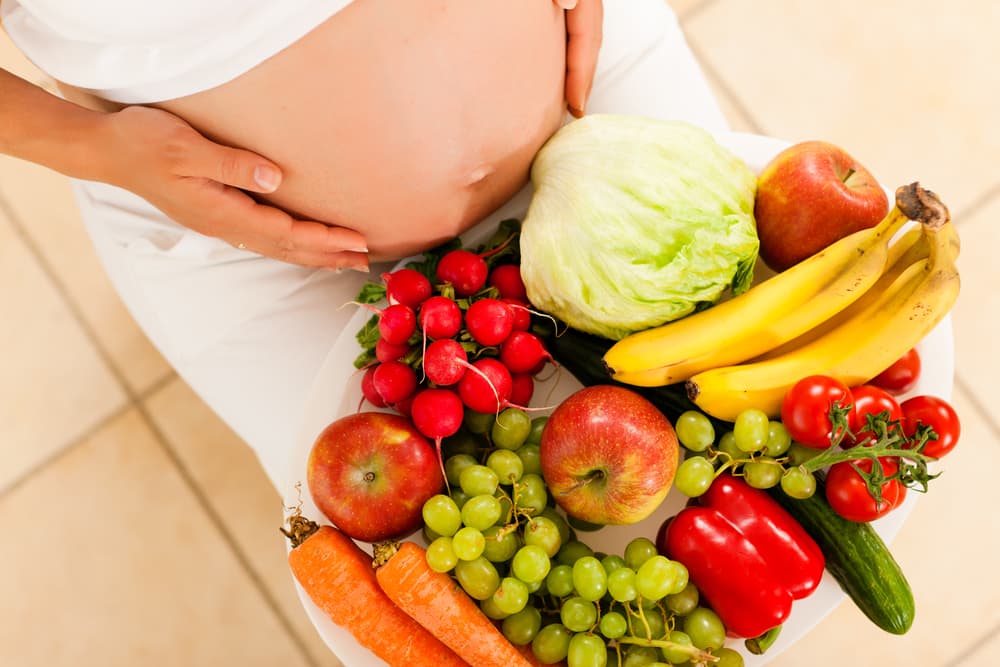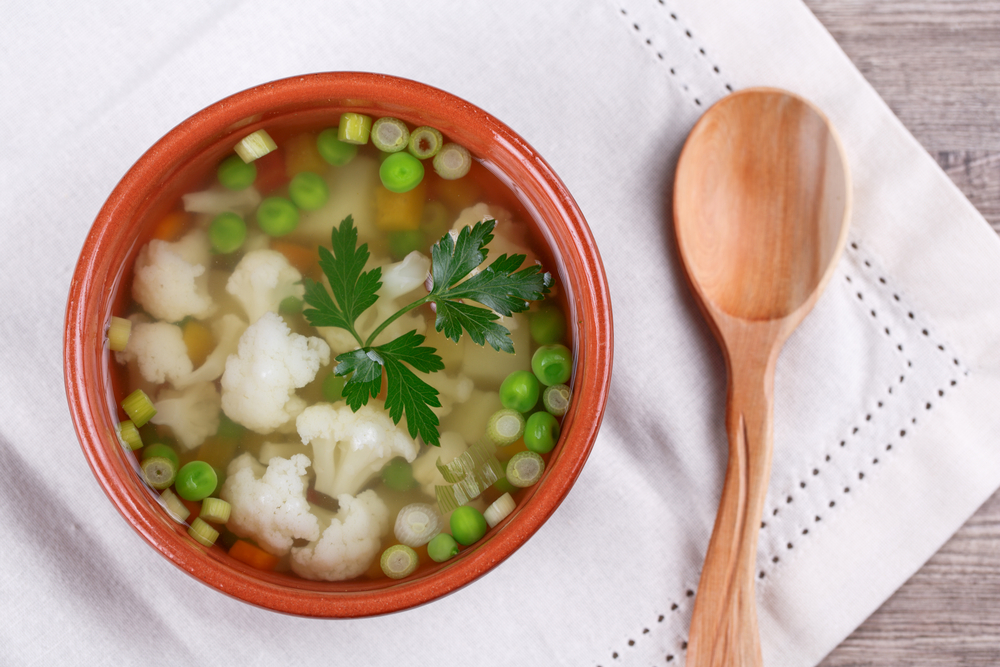Contents:
- Medical Video: Adam Ruins Everything - The Real Reason Hospitals Are So Expensive | truTV
- Various vitamins for pregnant women
- 1. Vitamin C
- 2. Vitamin D
- 3. Vitamin B complex
- 4. Vitamin E
- 5. Vitamin A
- How do you know if your vitamin needs during pregnancy are fulfilled?
Medical Video: Adam Ruins Everything - The Real Reason Hospitals Are So Expensive | truTV
Pregnancy makes you have to change your eating habits. You have to eat more diverse foods, including vegetables and fruit. Why?
In vegetables and fruits there are various kinds of essential nutrients and vitamins needed by pregnant women to support the development and growth of their fetus. What are the important vitamin needs for pregnant women?
Various vitamins for pregnant women
The following is a list of vitamins for pregnant women that are important to fulfill from the beginning to the end of pregnancy.
1. Vitamin C
Vitamin C can protect cells and tissues from damage caused by free radicals. This can then improve the immune system and the health of pregnant women and fetuses. In addition, vitamin C can also help absorb iron. This helps pregnant women avoid anemia - which is one of the common diseases experienced by pregnant women.
Vitamin C needs for pregnant women are 85 mg, according to the 2013 Nutrition Adequacy Rate (AKG). These needs can be met from various kinds of vegetables and fruits, such as oranges, strawberries, mangoes, papaya, broccoli, Brussels sprouts, tomatoes, red peppers, paprika green, and potatoes.
2. Vitamin D
Fulfillment of vitamin D is needed to help the growth of fetal bones and teeth that are still in the womb. Vitamin D is responsible for regulating the amount of calcium and phosphate in the body needed to keep bones and teeth healthy. Vitamin D needs for pregnant women according to AKG 2013 are 15 mcg.
You can fulfill the needs of vitamin D through food, apart from sunlight, which is the best source of vitamin D. Some foods that contain vitamin D are fatty fish (such as salmon, tuna, mackerel, sardines, and herring), eggs, and red meat. Not only that, some foods also have been enriched with vitamin D, such as milk, cereal, and fruit juice in packs.
3. Vitamin B complex
Vitamins B1, B2, B3, B6, and B12 are types of B vitamins that need to be fulfilled by pregnant women. The following is a function of each of these vitamins:
- Vitamin B1 functions to increase energy and regulate the nervous system
- Vitamin B2 functions to maintain energy, good vision, and healthy skin
- Vitamin B3 to support healthy skin, nerves and digestion
- Vitamin B6 is needed to help the formation of red blood cells and help overcome them morning sickness
- Vitamin B12 plays a role in DNA synthesis and helps prevent it baby with birth defects
Not to forget, folic acid is one form of vitamin B that is needed to support placental function and prevent babies from birth defects. You can get this vitamin B complex from various vegetables and fruits, as well as from eggs, fish, seafood, meat, wheat, and others.
4. Vitamin E
To help the formation and use of red blood cells and muscles, the body needs adequate vitamin E intake. The need for vitamin E for pregnant women is 15 mg per day, according to the 2013 AKG. Pregnant women can get vitamin E from vegetable oils, nuts, spinach, and vitamin E fortified cereals.
5. Vitamin A
Vitamin A serves to support the development of fetal vision. In addition, the antioxidant content in vitamin A is also needed to increase the mother's immunity, so that the mother does not get sick easily.
Pregnant women are advised to get vitamin A in the form of beta-carotene, which is widely found in vegetables and fruit. For example, carrots, spinach, broccoli, kale, mango, red peppers, and sweet potatoes. Vitamin A needs of pregnant women according to AKG 2013 are 800-850 mcg. Maximum intake of vitamin A in a day is 1000 mcg.
But remember, don't exceed this maximum number, because excess vitamin A can harm the fetus. For this reason, WHO does not recommend pregnant women to take vitamin A supplements.
How do you know if your vitamin needs during pregnancy are fulfilled?
It may be difficult for you to know whether your vitamin needs have been fulfilled or not. Easy, you multiply consumption of various kinds of vegetables and fruits (whatever). At least, consume vegetables and fruits as much as 5 servings per day (100 grams per serving).
To be more practical, you can also drink Buavita Guava which contains 60% vitamin A and 115% vitamin C which can help meet your daily needs.
Then, you can also check how much vitamin you have consumed withVitamin Meter. This simple test can help you find out what vitamins you have not gotten today, so your vitamin needs during pregnancy can continue to be fulfilled every day. Don't let your vitamin intake be lacking!












